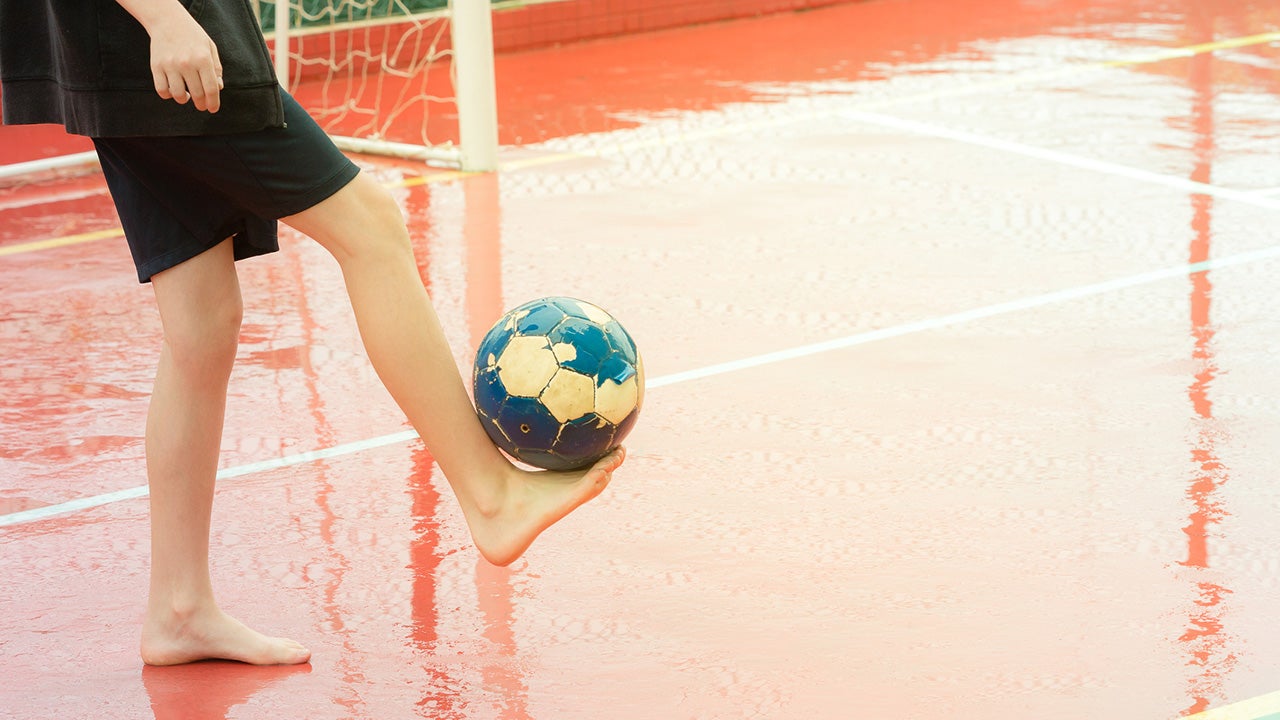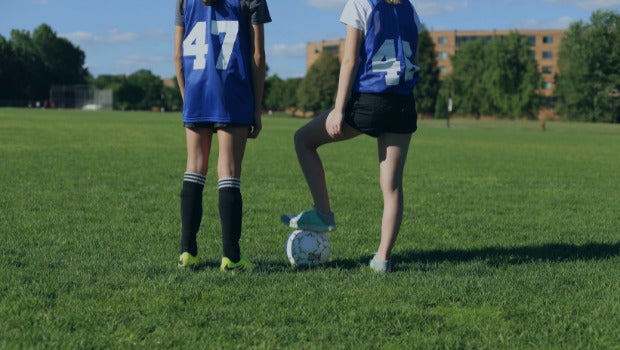Future of Sports: Climate Crisis and the Role of Sports
Climate change touches every aspect of human life, and global sports are no exception.
Shortening winter seasons pose an existential threat to snow sports. Legendary British Open golf courses have been warned they could be underwater by 2100. Beach volleyball courts in Southern California are disappearing due to rising tides. Smoke from brush fires disrupted the Australian Open in tennis. The Tokyo Olympics, believed to be the hottest Summer Olympics ever, moved the marathon to outside the city and played tennis at night after a Russian player openly suggested during a match that he might die.
It’s estimated that global sports generate 0.6% of global emissions, according to Playing Against the Clock, a 2020 report by Rapid Transition Alliance. That makes the sports sector the equivalent of nations as large and populous as Angola or Tunisia at the low end of estimates, and Spain or Poland at the higher end.
What if sports took radical action on the climate crisis? What role can sports play if more sports organizations and their stakeholders commit to the United Nation’s Sports for Climate Action Framework? What message of hope to save Earth could be delivered if the global sporting community expanded its engagement in tackling the climate crisis?
One effort is happening in Seattle, where Climate Pledge Arena opens this fall and tries to become the first certified zero-carbon arena in the world. Amazon purchased naming rights to the arena, home of the NHL’s Seattle Kraken, with the goal of showing that even big, complex companies with a lot of physical infrastructure can and should reduce their carbon emissions.
We discussed these efforts, and more, with a panel of experts:
- Tim Leiweke, Oak View Group CEO, Developer of Climate Pledge Arena
- David Goldblatt, Academic and Author of Playing Against the Clock (first provisional estimate of the impact of global sports on the climate)
- Susan Dunklee, U.S. Biathlete, EcoAthletes Champion
Future of Sports returned in 2021 as a virtual, bimonthly conversation series by the Sports & Society Program that helps stakeholders think through key questions shaping the future of our games, the sports industry and its impact on society. Past events examined the future of football, a series on college athlete pay including the government’s role and the future of name, image and likeness rights, sports betting, athlete activism, coaching, the U.S. Olympic movement, women’s pro sports and children’s rights in sports. Contact Sports & Society Program Editorial Director Jon Solomon at jon.solomon@aspeninstitute.org with questions or inquiries.
Thank you to Axios Sports for its support as media partner of the Future of Sports series.




